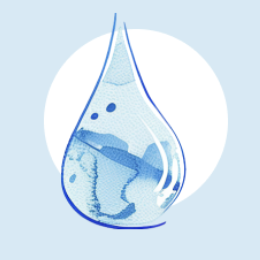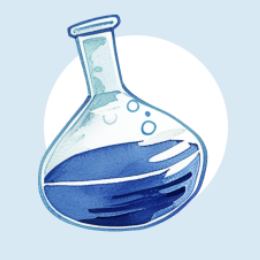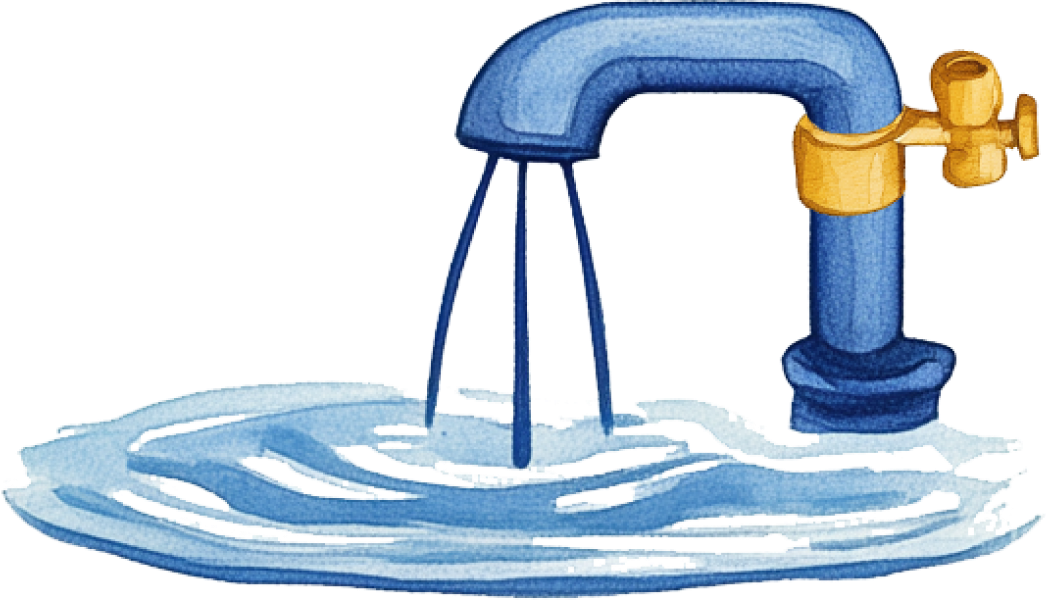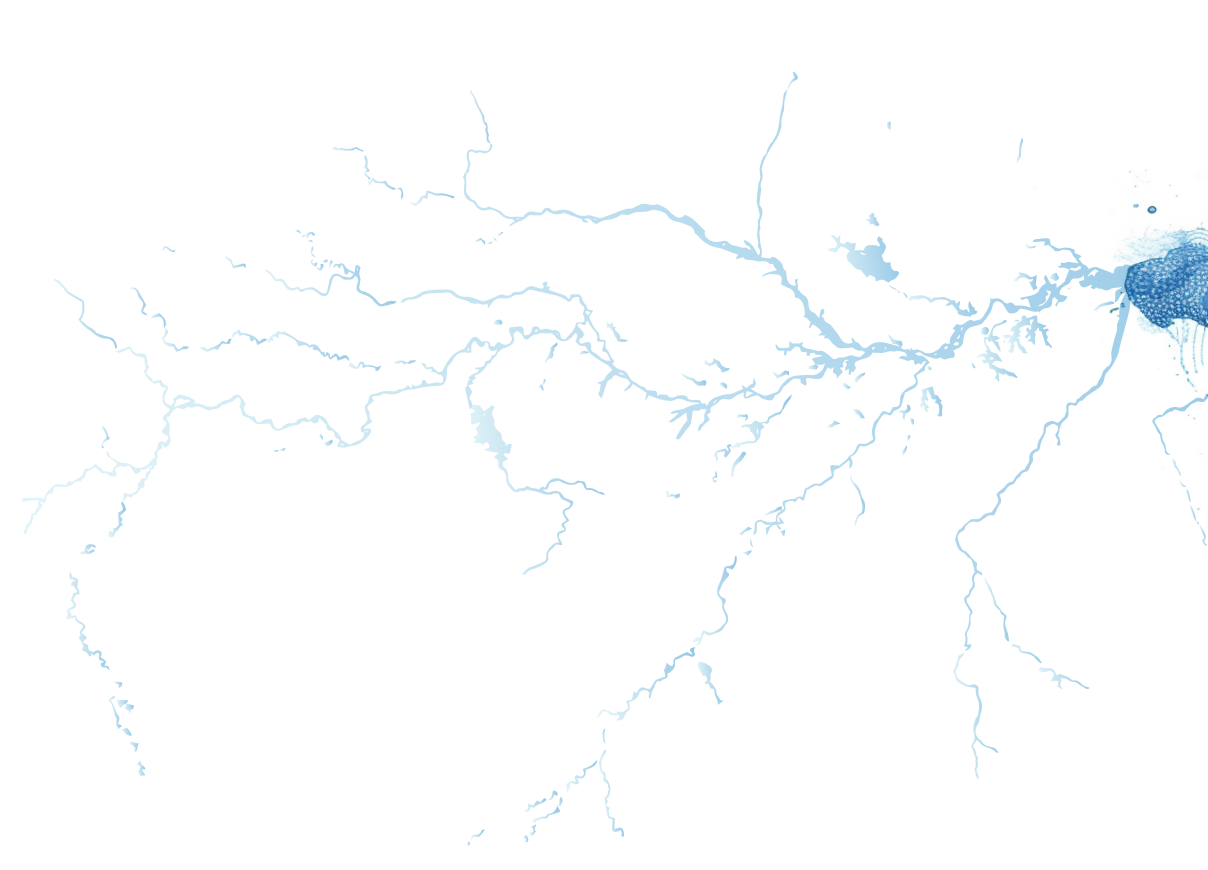
Community Action for Fresh Water
Engaging and empowering communities to protect, restore, and sustain freshwater ecosystems.








Our Partnership
In 2023, Rotary and the United Nations Environment Programme formed a strategic partnership to tackle one of the most pressing challenges of our time: protecting, restoring and sustaining freshwater ecosystems.
Learn MoreReady to roll up your sleeves and make an impact in your community? Here’s how you can get involved:

Want to learn how your club can plan a freshwater project? Read the guidelines and see what other clubs are doing.
Mobilize your Rotary or Rotaract club to adopt a local waterbody. You can choose a stream, river, spring, lake, wetland, or estuary. Connect with community members to collectively problem-solve and create realistic goals for your watershed. Still not sure where to start? Email us at CAFW@rotary.org.
After identifying a local waterbody in need, take action. Find out more about the surrounding environment and begin to measure the health of the freshwater ecosystem. Monitor water quality, waste sources, community attitudes, and more. Advocate for freshwater health by implementing straightforward actions and increasing community awareness.
Place your project on the map. As key members of the Community Action for Fresh Water initiative, share your stories, your experiences, and local data to amplify your impact.
Here are guidelines to set up your project, including how-to manuals, training videos, and other resources.
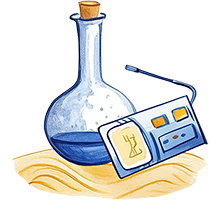
Collect water samples to determine waterbody health

Learn how to identify local stakeholders and partners
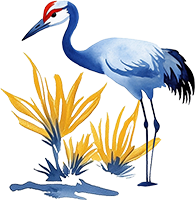
Learn to remove trash and garbage around your waterbody

Learn about more about freshwater ecosystems

Information about the threats to freshwater ecosystems
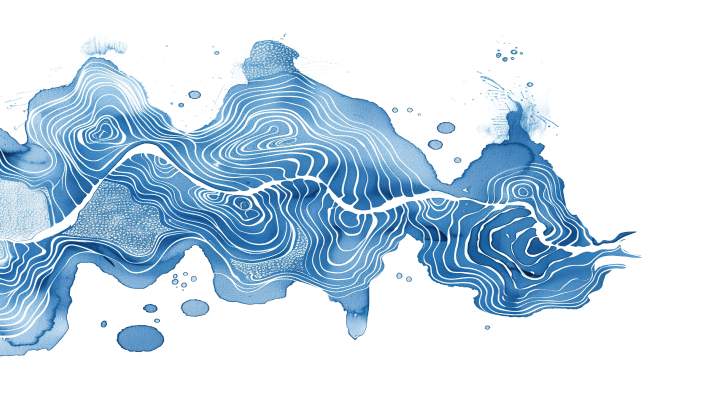
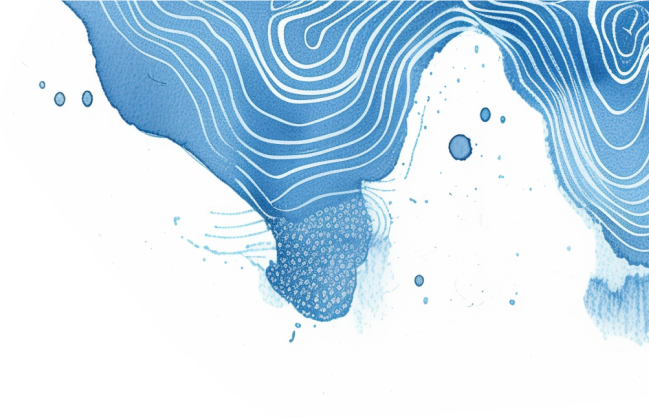
Here you'll find some frequently asked questions about Community Action for Fresh Water.
Healthy freshwater systems are vital for sustaining all life, but these systems are severely threatened by pollution, nature and biodiversity loss, and climate change. You can visit UNEP’s Fresh Water page to learn more about the issue. The Rotary-UNEP initiative builds on the success of a pilot program, Adopt a River for Sustainable Development, which began with UNEP and District 9212 collaborating on projects to protect rivers in Kenya and Ethiopia. Rotarians and Rotaractors have also been active in protecting and restoring freshwater ecosystems elsewhere across the globe.
Rotary and Rotaract clubs, either individually or in groups, can identify a local river, stream, spring, lake, wetland area, estuary, or reservoir that they want to make a commitment to. Working with other community groups and residents, your club can determine any major threats to the waterway and develop a plan to protect, restore, and sustain it. Your plan can include activities that need different levels of expertise and engagement. Projects can start at any size, scope, and frequency. Then they can expand over time to include more complex activities. Here are some examples:
| Beginner | Intermediate | Advanced |
|---|---|---|
| Hosting water cleanup days | Taking part in ongoing cleanup activities | Implementing continuous monitoring and evaluation of the waterway’s health with the contributions of citizen science |
| Organizing community awareness campaigns | Performing basic measurements of water quality | Organizing activities to address the root causes of pollution |
| Planting native plants and removing invasive species in or near the water | Developing project plans and connecting with partners | Connecting with UNEP experts and participating in international advocacy |
After you’ve developed a plan, register your project with Community Action for Fresh Water.
Projects that are part of this initiative will protect and sustain our rivers, streams, lakes, wetland areas, or other freshwater ecosystems. Your projects can focus on improving water quality, mitigating pollution, addressing water scarcity, removing invasive species, or conserving and rehabilitating ecosystems. You can also focus on connecting the community to freshwater ecosystems by raising awareness of any threats and advocating for policies that protect these ecosystems.
We encourage you to register these projects with Community Action for Fresh Water
Your club or district can fund these activities independently or seek funding from nonprofits, businesses, or government agencies. Your project may also be funded with district grants or global grants from the Foundation if it meets the requirements.


